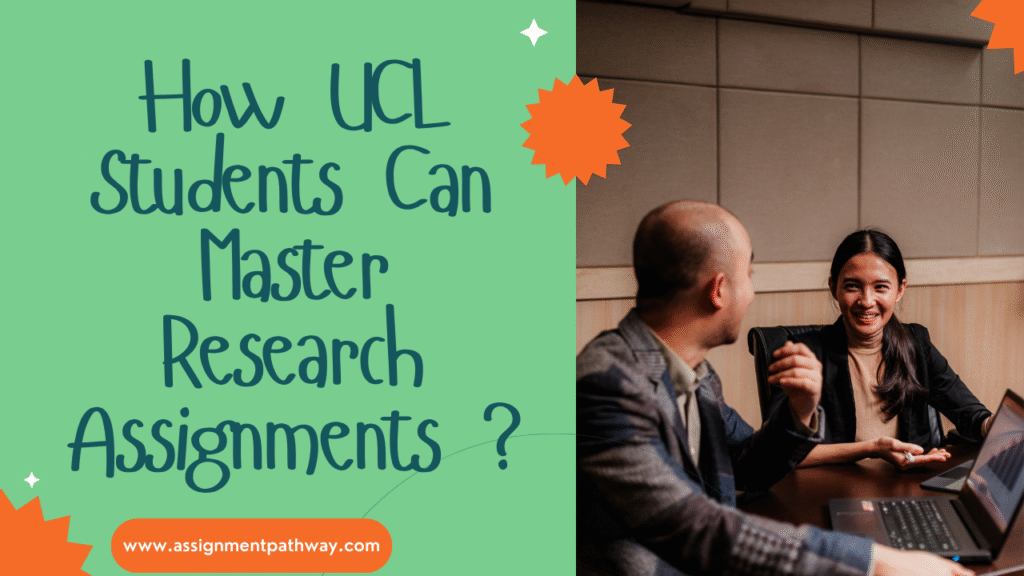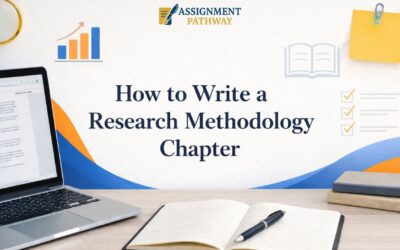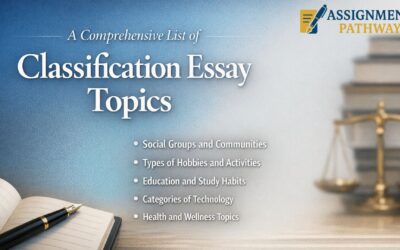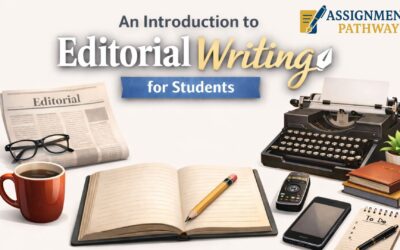How UCL Students Can Master Research Assignments ?

Doing research assignments at University College London (UCL) can be both exciting and a bit stressful. You get to explore interesting topics, dig into sources, and build your critical thinking. But to really master them get good grades, feel confident you need good strategies. If you ever hit a snag, Assignment Help London via Assignment Pathway is there to support you, and UCL Assignment Help services can also guide you. Below are practical tips to help UCL students do your research assignments well.
1. Get Crystal Clear on the Assignment Brief
One of the biggest mistakes students make is starting too fast without fully understanding what’s asked.
- Read the brief carefully. Look out for keywords like analyse, evaluate, compare, discuss. UCL has guides (like Understanding assessment requirements) that show what these keywords imply.
- Check the assessment criteria or marking rubric. UCL emphasizes knowing what examiners expect.
- If anything is unclear deadlines, word count, structure ask your tutor. Better to clarify early than lose marks later.
When you need help interpreting the brief or expectations, UCL Assignment Help or Assignment Help London via Assignment Pathway can give you that clarity so you’re not guessing.
2. Build a Strong Research Strategy
Once you understand the task, your next job is to gather good sources and build a coherent plan.
- Use UCL’s library guides like LibrarySkills@UCL for strategies on searching for information, evaluating sources, and managing citations.
- Define your topic, keywords, synonyms early. A good search strategy helps you find relevant journal articles, books, and reliable sources. Skipping this can lead you down irrelevant paths.
- Evaluate sources: check author credibility, recent dates, peer-reviewed status, relevance. UCL has resources for Evaluating information.
- Use reference management tools to keep track of your sources. UCL’s guides recommend using such tools to stay organised.
If you find sourcing or evaluating material overwhelming, Assignment Help London via Assignment Pathway offers assistance in finding quality sources. Also, UCL Assignment Help can help you sharpen your strategy.
3. Plan Out Your Structure & Workflow
Good planning will save you from panic-mode later.
- Create an outline before writing. Common sections: Introduction, Literature Review, Methodology (if needed), Analysis/Discussion, Conclusion.
- Map out a timeline for tasks: research, writing drafts, editing, referencing. Stick to it—deadlines creep up fast at UCL.
- Use UCL’s guidance on Preparing for your assessments from the Faculty of Social & Historical Sciences and others: plan work early, self-assess, check requirements.
- Leave buffer time for reading feedback or re-drafting. It’s not unusual at UCL to go back and polish quite a bit.
If you struggle with structuring your time or building a workflow, Assignment Help London via Assignment Pathway is designed to help you organise tasks and plan. Meanwhile, UCL Assignment Help might offer peer-oriented or staffed guidance in workshops or writing centres.
4. Write with Critical Thinking & Rigor
UCL places high value on critical thinking, original ideas, and rigorous argument. Your writing should show that.
- Don’t just summarise sources, critically engage with them. Discuss strengths, limitations, assumptions. UCL’s Academic Writing Guide supports this approach.
- Use evidence well: quotes, data, examples. Always link back to your argument and assignment question.
- Ensure your argument flows logically. Each paragraph should have a clear point, supported by evidence, and connect to the next one.
- Be transparent about methodology, especially if your research assignment involves collecting or analysing data. Make any assumptions explicit.
When you’re unsure how critical or deep your analysis should be, UCL Assignment Help can help you push your thinking further. And Assignment Help London via Assignment Pathway can help you improve logic, originality, and the depth of analysis.
5. Master Referencing, Formatting & Academic Integrity
These “boring” parts can lose you marks if done sloppily, especially at UCL.
- Use the correct referencing style required by your department (Harvard, APA, etc.). UCL library guides cover referencing, citations, and avoiding plagiarism.
- Always cite sources you quote or use ideas from and include a reference list.
- Use quote marks for direct quotations; paraphrase correctly when you’re not quoting.
- Keep track of your sources as you research so you don’t lose where a quote or idea came from.
If referencing or academic integrity worries you, Assignment Help London from Assignment Pathway can assist with formatting and ensuring you meet UCL’s academic honesty standards. Also, UCL Assignment Help will expect you to follow these rules closely.
6. Revise, Edit & Use Feedback Effectively
A first draft is only the beginning. Real improvement happens in revisions.
- After your draft is done, let it rest (if time allows) then read it again with fresh eyes, try to spot weak arguments, unclear sentences, or missing transitions.
- Use proofreading tools but also read it yourself. Sometimes tools miss context or discipline-specific nuances.
- Ask peers or tutors for feedback. The UCL Academic Communication Centre and writing services often provide feedback or writing support.
- Reflect on previous feedback you’ve had from assignments. UCL emphasises using feedback to improve future work.
Assignment Help London through Assignment Pathway can help you edit more rigorously, polish your writing, and integrate feedback well. And again, UCL Assignment Help services are also available for feedback sessions.
7. Make Use of UCL Resources & Support
You’re not on your own; UCL has a lot of help built in.
- UCL library guides: for searching, referencing, evaluating sources.
- Academic Communication Centre: workshops, online materials, live courses to improve discipline-specific writing skills.
- UCL’s student handbook, module handbooks, Moodle pages, and staff/tutors: resources which clarify expectations, assessment criteria.
- Use moot or sample question feedback and guided marking exercises (when available) to see how high-mark assignments are done. UCL’s Guided marking program helps with this.
If navigating all these supports feels overwhelming, UCL Assignment Help knows how to guide students through these resources, and Assignment Help London via Assignment Pathway can help you find exactly what you need.
Conclusion
Mastering research assignments at UCL isn’t about working harder only, it’s about working smarter. Understand what the assignment is asking, build clear research and writing plan, engage critically with sources, follow referencing and academic integrity, revise after feedback, and use UCL-supplied resources plus external support when necessary.
If you want help outlining your next research paper, structuring your literature review, refining your arguments, or polishing your draft, Assignment Help London via Assignment Pathway is ready to assist. And UCL Assignment Help services can also be part of your toolkit to ensure you do your best work and achieve your academic goals at UCL.






